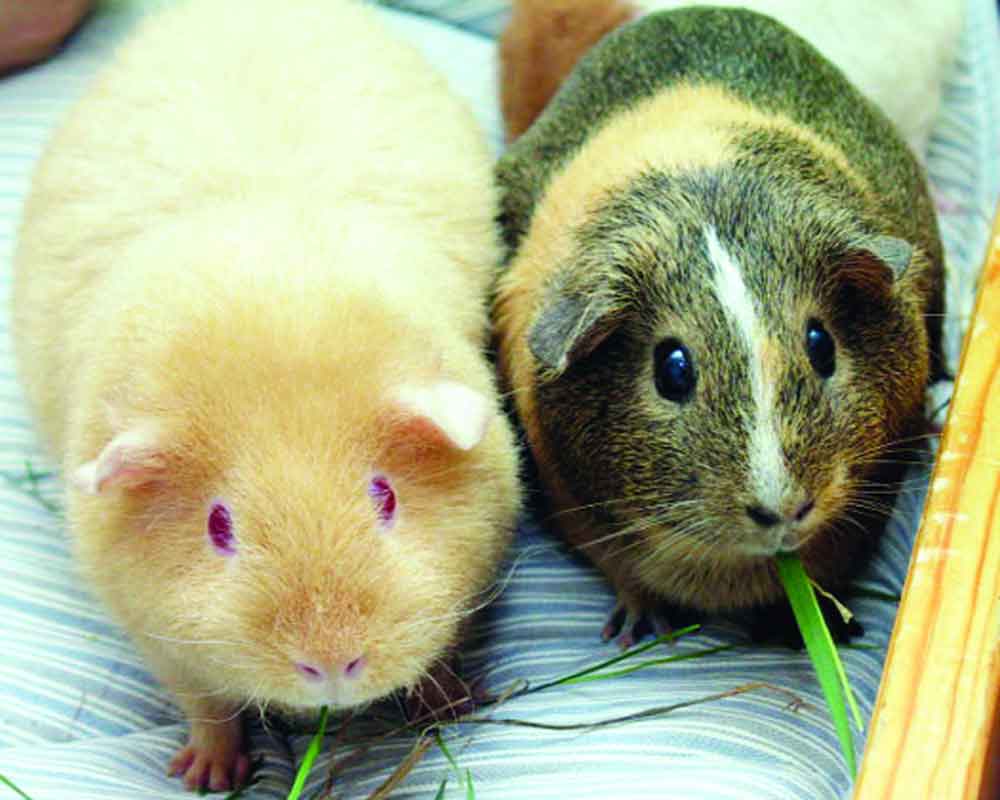Inventory knowledge through voluntary disclosure to ensure CITES compliance
Amid coronavirus scare, the Government has asked animal breeders and owners of the exotic live species of animals such as fish and birds to voluntarily declare their stock/s within next six months as also ensure health cards of their subjects.
The plan is to prepare an inventory and streamline the import of exotic animal/birds or fish species in the country, which is now being considered to be fraught with risk of zoonotic (animal to human) transmission. Exotic live species are animal or plant species moved from their original range (location) to a new one most often by people.
This is for the first time that the Government has taken such a move. The officials at the Union Environment Ministry have asserted that precaution is better than prevention before any coronavirus kind of pandemic spreads here. In India as in the world, much of the exotic live species is currently legal. There exists a large demand and market for animals like ball pythons, pocket monkeys, crocodile skinks, hissing cockroaches and a wide range of exotic birds.
However, till now, there has been no detail about the population status, numbers poached, illegal trade hubs and dynamics of these species. This makes it difficult to know the impacts of illegal trade on the population status of many of these captured animals, said
the officials.
To plug the gaps, the Union Environment Ministry has issued an advisory enlisting dos and don’ts aiming to streamline the trade. “Considering the significance of import and export of exotic live species, this Ministry is issuing an advisory to streamline the process for import and possession of exotic live species here. The aim is to develop an inventory of exotic live species through Voluntary Disclosure Scheme to streamline CITES compliance as well as streamline the import procedure,” said the official about the guideline.
As per the advisory, it will be mandatory for the owners/animal breeders to register/declare progenies of the imported exotic live species.
The processes under this Advisory shall be dealt online through the Ministry’s Parivesh portal.
“The animals named under the Appendices I, II and III of the Convention of International Trade in Endangered Species (CITES) of Wild Fauna and Flora” will be part of the advisory and does not include species from the Schedules of the Wild Life (Protection) Act 1972,” said the officials.
They said any declaration made after six months of the date of issue of this advisory, the declarer shall be required to comply with the documentation requirement under the extant laws and regulations.
The Chief Wildlife Warden of the respective State shall, after physical verification, register the stock and maintain a record in their office and issue an online certificate of possession within six months of the date of the voluntary disclosure.
The owners will have to inform the CWLW about any acquisition/death/trade/change of possession, taken place after the declaration within 30 days of such acquisition/death/trade as also provide address where the exotic live species have been kept, said the advisory.
Those violating the norms will be liable for the appropriate action, though the advisory does not specify the nature of penalty.
However, the increasing popularity of these animals and the raging demands of this market have spawned an enormous illegal trade. The global illegal wildlife trade is huge with exotic animals being the centre of a multi- billion dollar business.


























